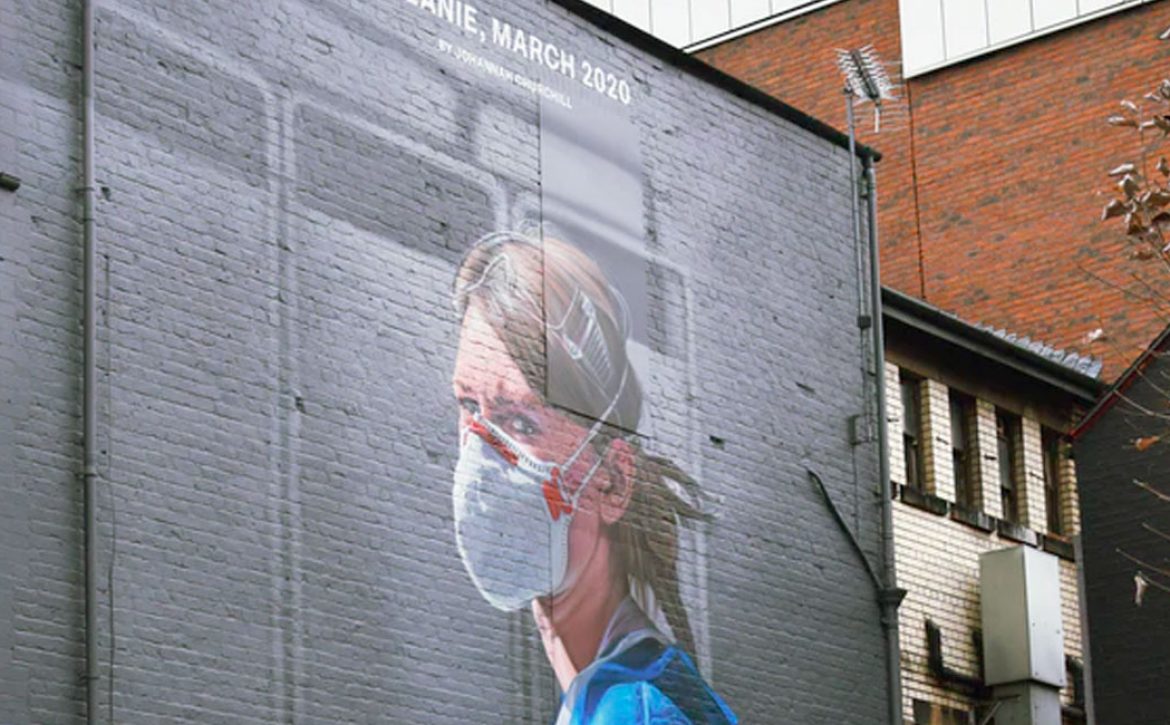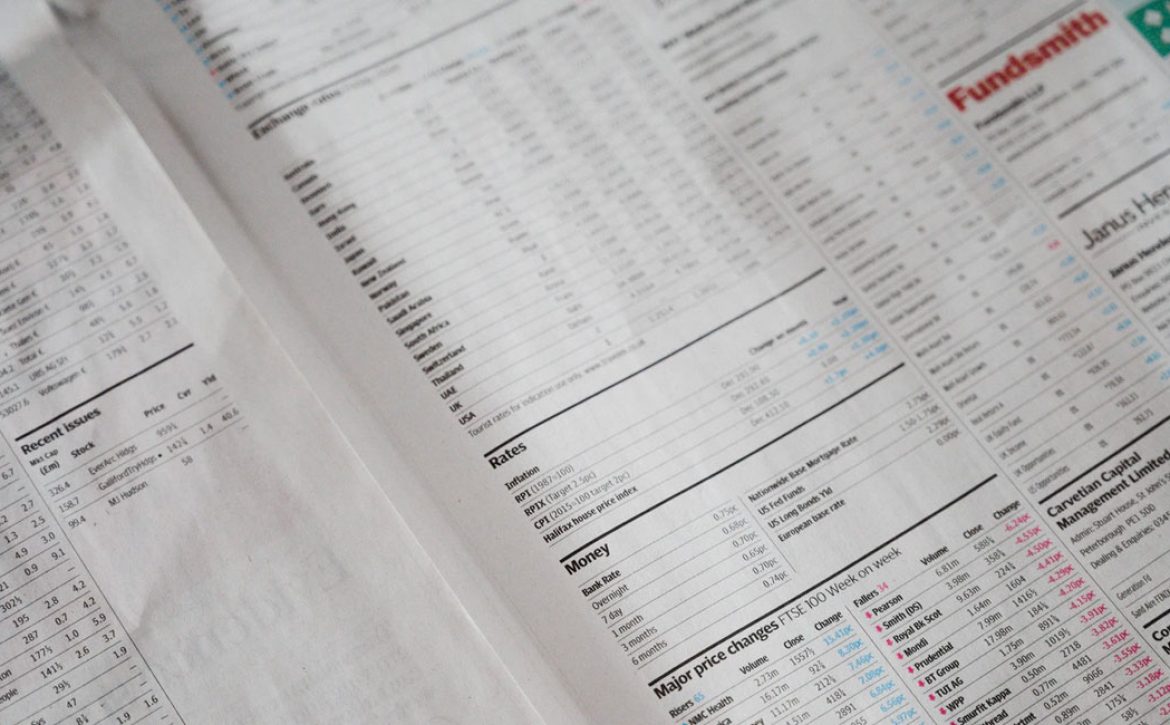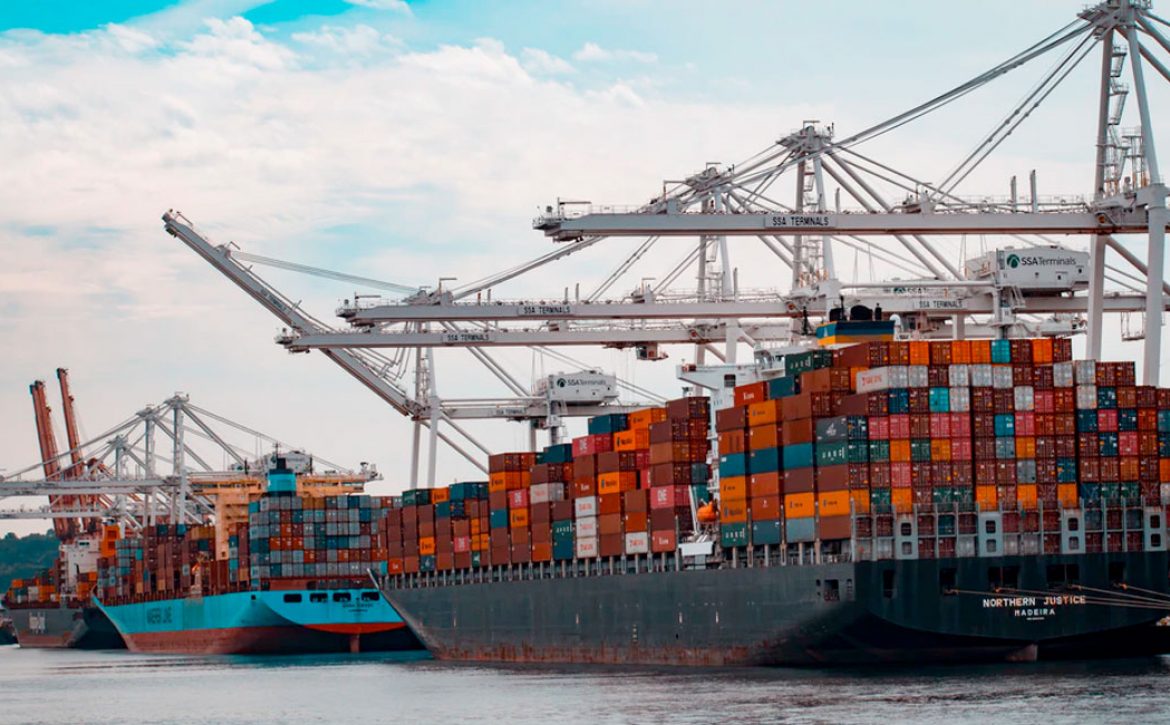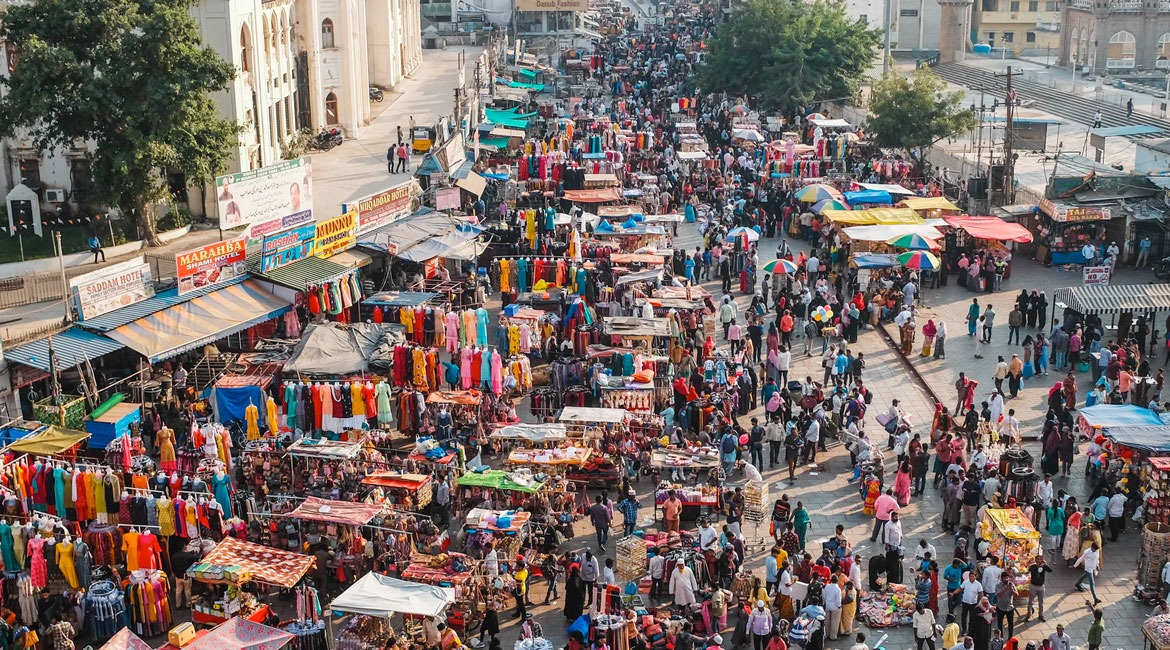UNCTAD warns COVID-19’s economic fallout will long outlive the health crisis
Geneva is not only a global trade finance hub; it is also home to United Nations and many of its agencies. One of the most prominent ones among these agencies is United Nations Conference on Trade and Development (UNCTAD).
Having established in 1964 as a permanent intergovernmental body, UNCTAD is the main authority of the General Assembly in the sphere of trade and development. Its purpose is promotion of trade and development, particularly in developing countries.

UNCTAD released a report in end-November, where it concluded that COVID-19’s economic fallout will long outlive the health crisis. Announcing the report, UNCTAD Secretary -General Mukhisa Kituyi warned also of an increase in extreme poverty.
- The crisis could send an additional 130 million people into extreme poverty.
- It finds that the pandemic’s impact has been asymmetric and tilted towards the most vulnerable, both within and across countries, affecting disproportionately low-income households, migrants, informal workers and women,
- Global poverty is on the rise for the first time since the 1998 Asian financial crisis. In 1990, the global poverty rate was 35.9%. By 2018 it had been curtailed to 8.6% but has already inched up to 8.8% this year and will likely rise throughout 2021
- Additionally, COVID-19 has had an excessive effect on two sectors – tourism and micro, small and medium-sized enterprises – which employ many vulnerable groups
These and other setbacks, such as school closures that threaten 20 years of progress in expanding access to education, especially for girls, will have strong negative impacts on the productive capacity of countries well into the future.







